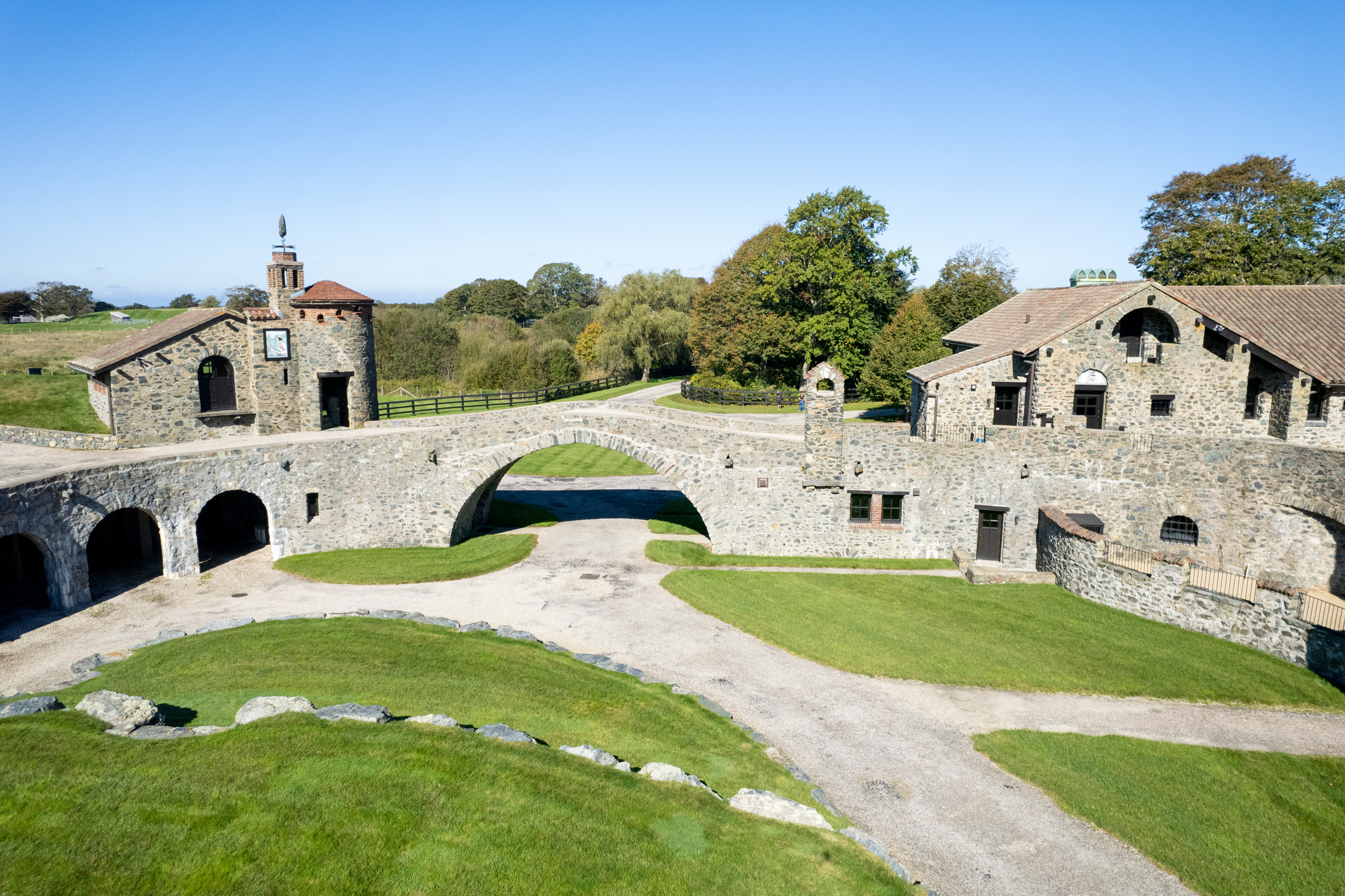
Swiss banks approve $1.25 billion Holocaust settlement

Switzerland's two biggest banks, UBS and Credit Suisse, have formally approved the $1.25 billion(SFr2 billion) global settlement aimed at ending the long-running dispute over Holocaust assets.
A joint statement issued by the banks said they had notified the responsible United States court of their acceptance of a series of amendments to an accord first signed in 1998. The amendments involve looted art, the further search for bank accounts, financing legal costs and the inclusion of insurance companies.
The banks had been given until Friday to signal their acceptance of the agreement, under a ruling delivered a week ago by the US district court judge, Edward Korman.
In their statement, however, UBS and Credit Suisse rejected an accusation by Korman that they had destroyed documents to avoid honouring obligations.
They also rejected a statement that the total value of dormant accounts from the Holocaust era could be more than the settlement sum.
The settlement will free the two banks from further litigation over dormant accounts during the Second World War. But that immunity may not be extended to other Swiss companies which benefited from slave labour, or to cantons which turned away Jews trying to escape from Nazi Germany.
They are still liable to be sued over their conduct during the Nazi era.
Korman has given Swiss companies which benefited from slave labour until August 25 to decide whether they want to be part of the deal. If they agree, they will be freed from the threat of legal action.
Four insurance companies, Swiss Re, Baloise, Swiss Life and Helvetia Patria, have already been included in exchange for contributing $50 million to the settlement. They were accused of not honouring the life insurance policies of Holocaust survivors.
However, the two big insurers, Zurich and Winterthur, are opting for a separate settlement, which they hope to get through quite soon.
On Friday the German subsidiary of the Swiss group, Hesta Tex, admitted to using forced labourers during the Nazi-era. The labourers were female prisoners from Ukraine at a plant in Radolfzell, Germany. Schiesser AG said it would contribute to the German compensation fund worth nearly $5 billion.
Additionally, the Swiss food group, Nestlé, the engineering group, George Fischer and the aluminium producers, Alusuisse, have admitted that they, or their affiliates, used slave labour.
The life sciences groups, Novartis and Roche, have also admitted that their subsidiaries used a small number of prisoners of war, but they maintain these labourers were paid wages equal to other workers.
Despite the global settlement, payments to Holocaust survivors or their relatives are not expected to get underway until later in the year.
swissinfo with agencies

In compliance with the JTI standards
More: SWI swissinfo.ch certified by the Journalism Trust Initiative


























You can find an overview of ongoing debates with our journalists here . Please join us!
If you want to start a conversation about a topic raised in this article or want to report factual errors, email us at english@swissinfo.ch.